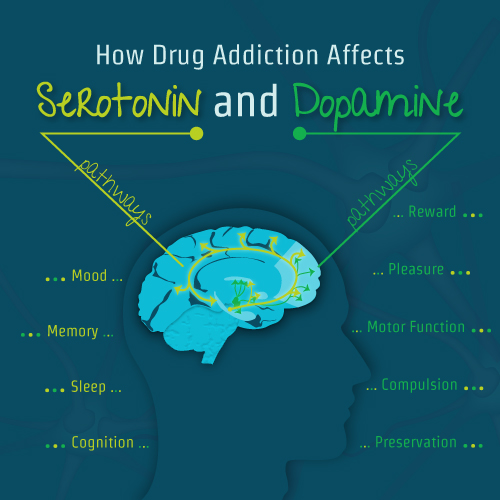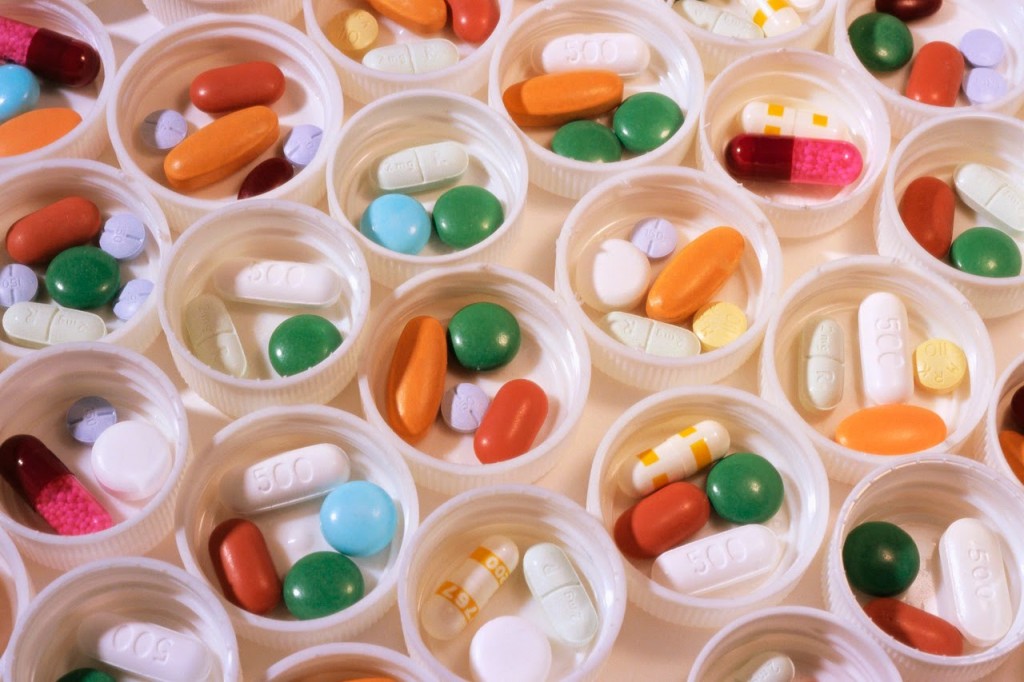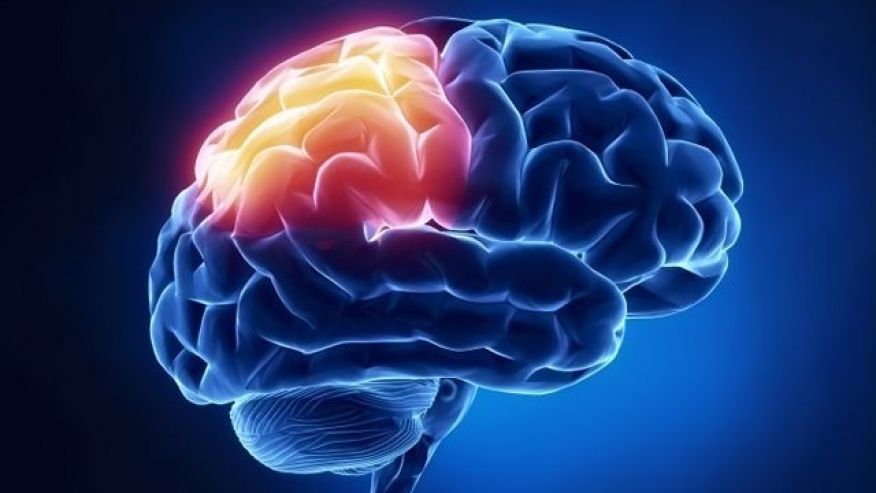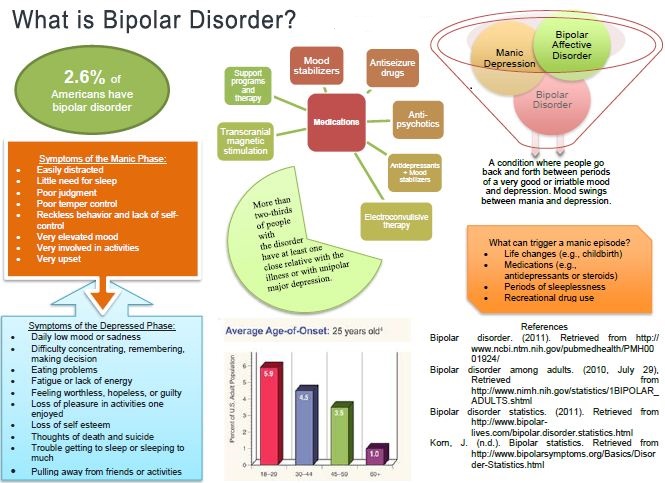Substance abuse manipulations in the brain

Substance abuse manipulations in the brain takes effect immediately traces of substances reached the brain
Substance abuse manipulations in the brain: The brain influence of drugs
Without perfection in the brain’s health, we cannot be sure of our health. The brain being the coordinator of all body functions must be protected from all the harms of substance abuse manipulations. With a well-functioning brain, we can competently say that we are healthy. Any negative effect on the brain affects human health adversely. This is because the brain is the engine that drives human body meaning that if the brain is healthy, it will process and transmit healthy information to various parts of the body. However, when the brain is contaminated, all the processed information will be contaminated too. That is why we need to understand, protect and maintain the brain in perfect health if we want to get full optimum from it. The brain must be cared for well and kept safe from all the substance abuse flow which are likely to bring damage to it.
Substance abuse manipulations in the brain: The brain’s adaptation to the environment
Because of the sensitivity of the brain functions, I am persuaded that you to find out how to protect it from any known harms. Therefore, it will do you good to keep on the link to find out more from the experts at AWAREmed Health and Wellness Resource Center under the able leadership of doctor Dalal Akoury. According to these experts, the proper functionality of the brain delivers quality assurance of our very survival. Doctor Akoury says that when the brains function well, we are constantly adapting or adjusting to our environment changes well. What many may not know is that this smooth adaptation is the work of our brain. And ironically, it is the brain’s ability to be so adaptive that contributes to the formation of all manner of addictions. From the various studies conducted by researchers across the globe, it has been established that addiction has a direct effect on the brain and that it causes changes in the brain in at least four fundamental ways:
- Addiction causes changes to the brain’s natural balance (homeostasis).
- Addiction alters brain chemistry.
- Addiction changes the brain’s communication patterns.
- Addiction causes changes to brain structures and their functioning.
The findings listed above will help us understand the importance of the brain and why we must protect it from the effects of drug addiction which has been sighted as one of the main course of damage to this very vital organ. Doctor Dalal Akoury and her team of experts from AWAREmed Health and Wellness Resource Center are going to be very resourceful even as we discuss each of these fundamental changes that come with the effects of addiction to the brain progressively. You certainly don’t want to miss this and so we invite you to stay with us on the link and be enriched with this worthy health information. But in the meantime, if you are struggling with any kind of addiction, you may want to consult with doctor Akoury for a more professional undertaking today.
Substance abuse manipulations in the brain: The brain influence of drugs
http://www.integrativeaddictionconference.com/wp-admin








